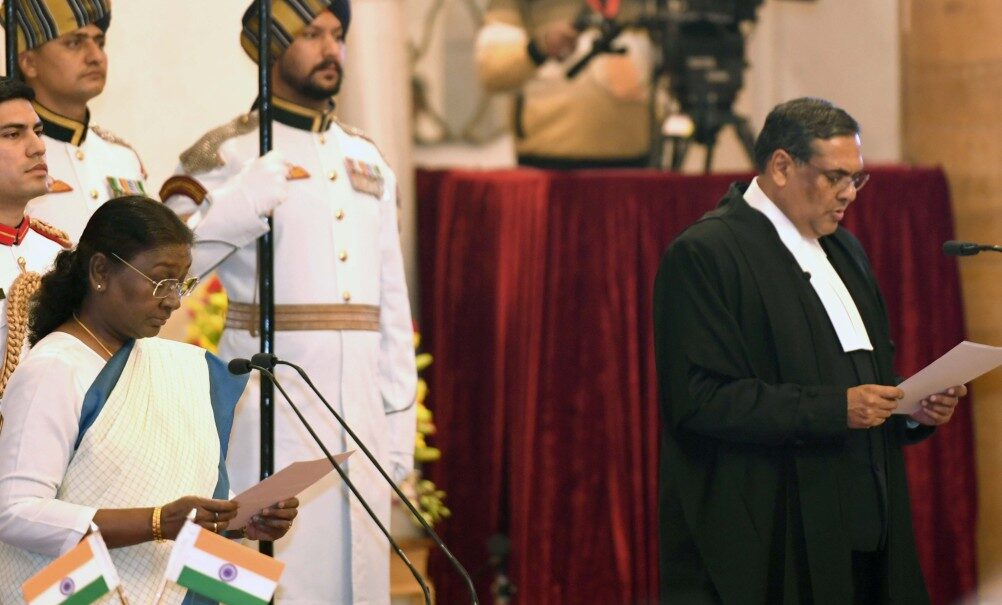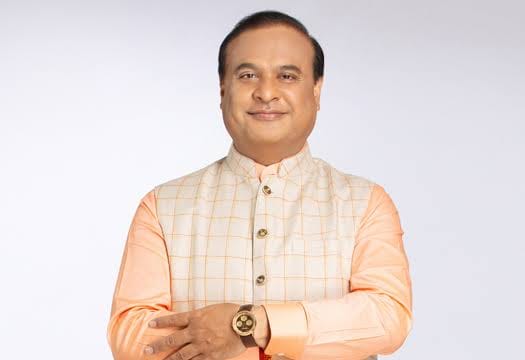
On Tuesday, Justice Sanjiv Khanna was sworn in as the 51st Chief Justice of India, succeeding Justice D Y Chandrachud. President Droupadi Murmu administered the oath at a ceremony held in Rashtrapati Bhavan. Justice Khanna will serve until May 13, 2025, marking a tenure of just over six months.
A Career Marked by Notable Judicial Contributions
Elevated to the Supreme Court in January 2019, Justice Khanna is one of the few judges to have been appointed to the apex court without first serving as a Chief Justice of a High Court. He began his legal career in 1983, practicing in the district courts at Tis Hazari and later at the Delhi High Court.

Justice Khanna has had a distinguished tenure, holding roles such as senior standing counsel for the Income Tax Department and standing counsel (Civil) for the National Capital Territory of Delhi. He has also served as an additional public prosecutor and amicus curiae in various criminal cases.
Institutional Leadership and Legal Reforms
Justice Khanna has played pivotal roles in judicial and legal services. He was chairman/judge-in-charge of the Delhi Judicial Academy, the Delhi International Arbitration Centre, and the District Court Mediation Centres. He also chaired the Supreme Court Legal Service Committee and currently serves as the executive chairman of the National Legal Services Authority. Additionally, he is a member of the Governing Council of the National Judicial Academy, Bhopal.
Judicial Philosophy and Key Rulings
Known for his preference for maintaining judicial dignity while addressing the realities of the social media era, Justice Khanna has made significant contributions to Indian jurisprudence.
He was part of the Constitution Bench that upheld the abrogation of Article 370 and struck down the 2018 electoral bonds scheme. He delivered a notable dissenting opinion in the Central Vista redevelopment project case and played a role in rulings on Article 19(1)(a) concerning freedom of speech and Article 21.
Family Legacy and Historic Connections
Justice Khanna is the nephew of Justice H R Khanna, a former Supreme Court judge renowned for his role in the Kesavananda Bharati case, which established the basic structure doctrine. This familial legacy underscores his deep ties to the judiciary.
A Tenure Focused on Pendency and Judicial Efficiency
As Chief Justice, Justice Khanna has expressed a strong commitment to reducing judicial pendency and enhancing the efficiency of the judicial system. His tenure is expected to emphasize accessibility to justice and the smooth functioning of courts.
Picture Gallery Of Oath Taking Ceremony Of 51st CJI at Rashtrapati Bhawan, New Delhi









